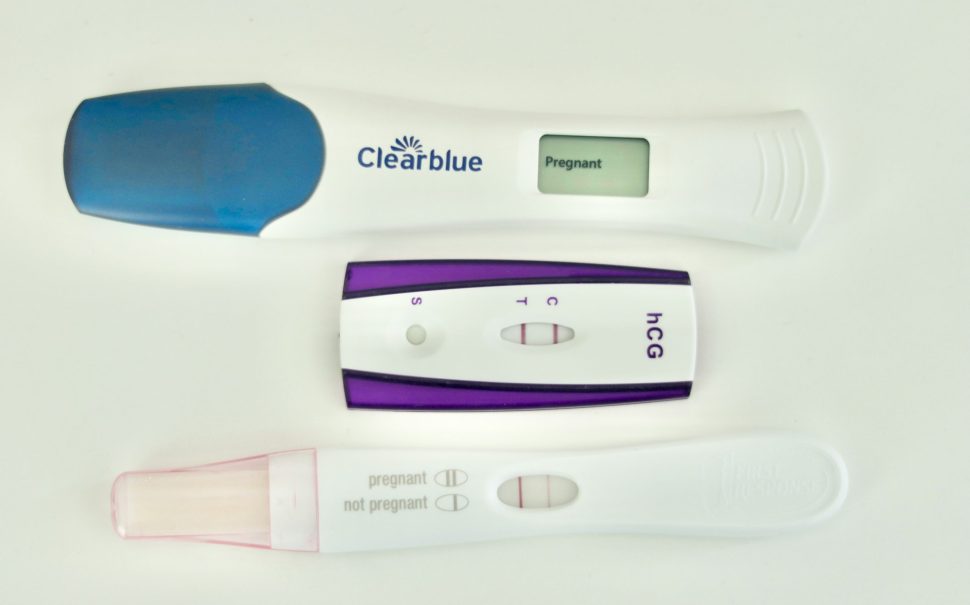Hospital admissions for women with ectopic pregnancies in England have hit a record high, according to new figures.
Data from the Office for Health Improvement and Disparities (OHID) show there were 10,831 hospital admissions for ectopic pregnancies among women aged 15 to 44 years in England in the year to March 2024. This marks a 9% increase on the previous year.
The rate of admissions for ectopic pregnancies reached 95.8 per 100,000 women, the second highest on record.
An ectopic pregnancy occurs when a fertilised egg implants itself outside of the womb, most commonly in a fallopian tube. The condition can be life-threatening to the carrier.
A 2024 report by MBRRACE-UK, Mothers and Babies: Reducing Risk through Audits and Confidential Enquiries, found a statistically significant rise in the maternal death rate in the UK between 2017-19 and 2020-22.
It also found that the 12 women who died from an ectopic pregnancy in the UK and Ireland in 2021–22 could have received better care.
While OHID data indicates that London’s overall hospital admission rate for ectopic pregnancies is not significantly different from the national average, the most recent available figures by borough show women in some parts of London are more than twice as likely to be admitted as those in others.
Data from 2021-22 shows that Croydon had the highest hospital admission rate for ectopic pregnancies, at 130.5 per 100,000 women aged 15 to 44.
That figure was more than double the rate in Hammersmith and Fulham, which had the lowest rate at 59.
Dr James Goodman, a consultant gynaecologist, said: “These variations could reflect differences in access to early pregnancy services, but also underlying health inequalities, such as rates of pelvic infections or delayed care-seeking. More research is needed, but most importantly, more up-to-date data is needed.”
Hannah Gornall, from North London, experienced an ectopic pregnancy last year.
She was diagnosed early and initially managed under medical supervision using expectant management, a watch-and-wait approach to see if the pregnancy resolves naturally.
Unfortunately, the pregnancy ruptured, leading to emergency surgery and the loss of one of her fallopian tubes.
She said: “I had no idea what an ectopic pregnancy meant, and on reflection, my lack of knowledge meant I didn’t ask questions about my medical care that I wish I had.
“The rise in cases nationally is scary and I think women should be taught more about ectopic pregnancies so they’re more empowered to ask questions if this happens to them.”
For information and support about ectopic pregnancies, visit ectopic.org.uk.
Feature image: Photo by Laura Ohlman on Unsplash





